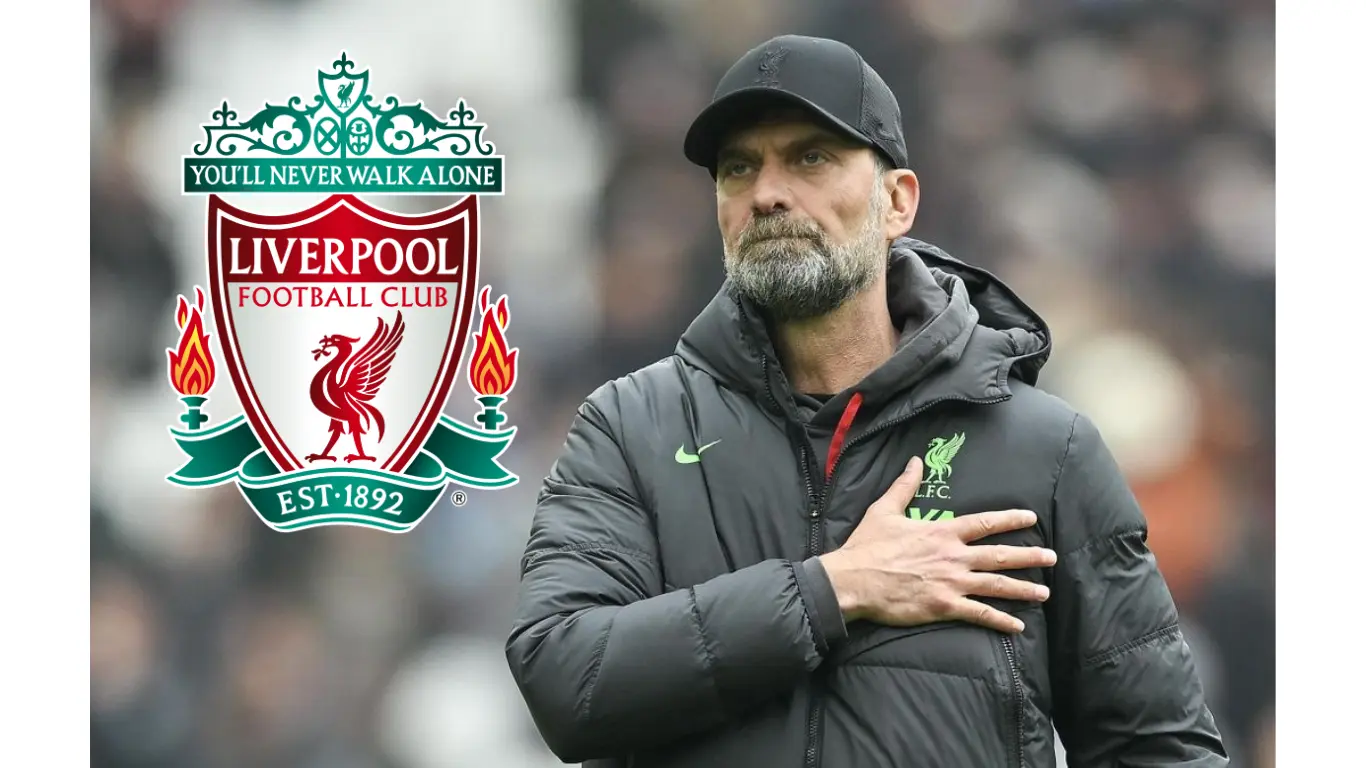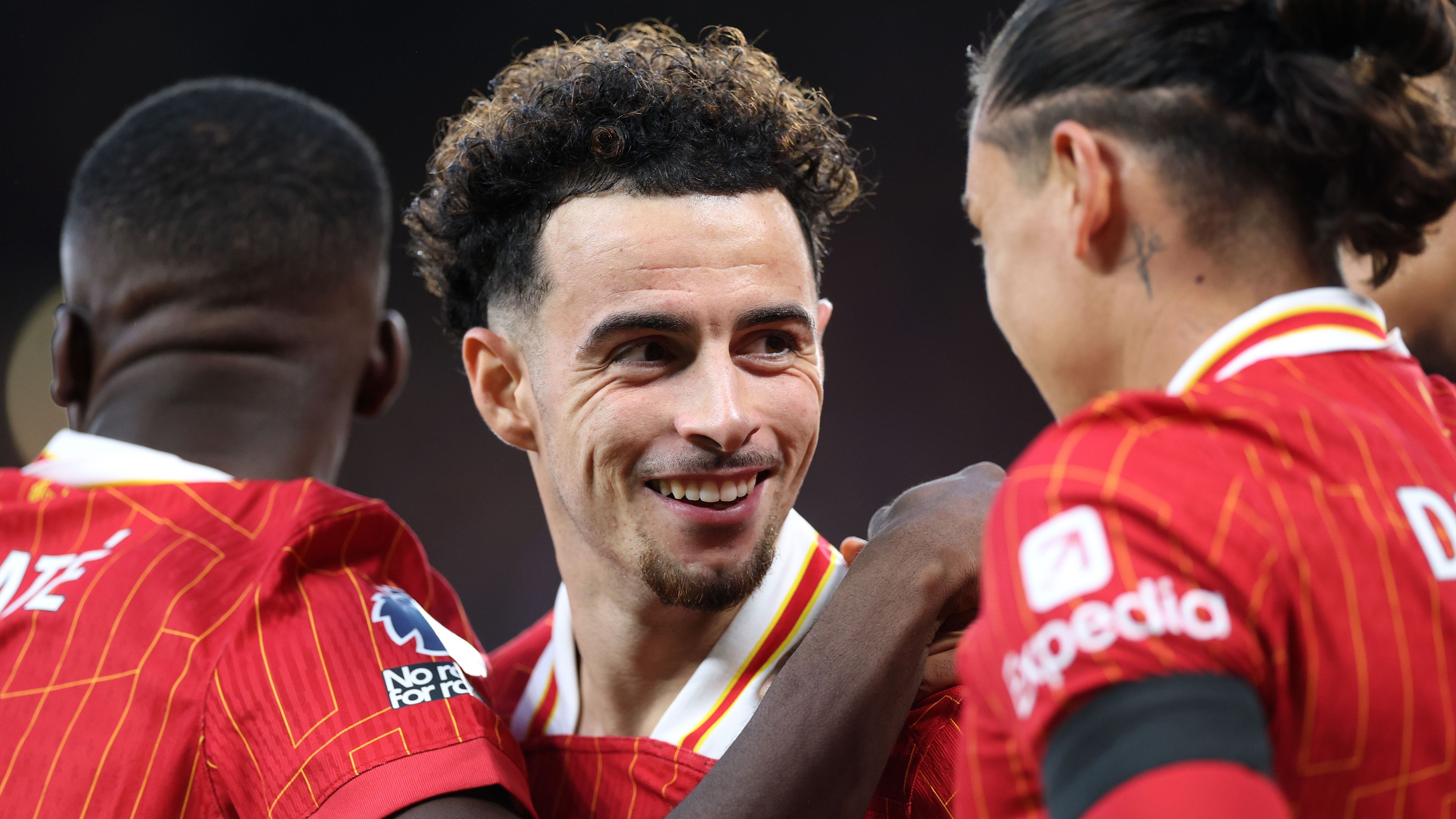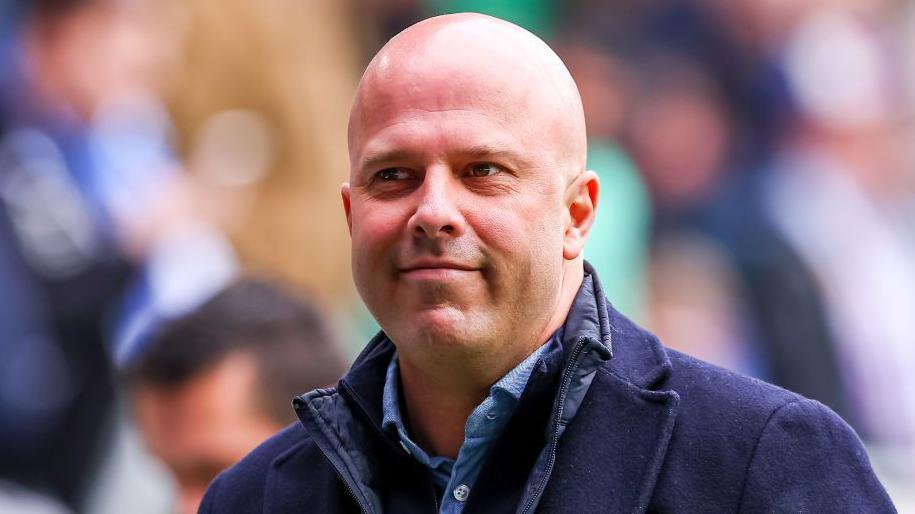
Liverpool shocked the football world with an impressive win over reigning champions Manchester City. By merging Jürgen Klopp’s high-energy tactics with the strategic insights of Arne Slot, Liverpool created a blend that left City reeling. This victory wasn’t just about the scoreline; it was a tactical showcase that highlighted the importance of adaptability and innovation in modern football.
The Upset: Liverpool’s Stunning Victory Over Man City
Liverpool entered the match as the underdog. Many analysts predicted a straightforward victory for City, who were on top form. However, Liverpool’s tactical approach turned the odds on their head. The result was not only surprising but also a testament to Liverpool’s evolving style of play.
Analyzing the Unexpected Success: A Fusion of Styles

At first glance, Klopp’s pressing philosophy seems worlds apart from Slot’s focus on verticality. Yet, when combined, these tactics proved to be an unstoppable force. By engaging in a high-press while maintaining direct passing, Liverpool effectively dismantled City’s structured play.
Setting the Stage: Pre-Match Expectations and Analysis

Fans and pundits alike anticipated a clash of styles. City’s possession-heavy game was widely favored. Nevertheless, Liverpool’s ability to blend these methodologies created a new pathway for success. Understanding how they achieved this can provide valuable lessons for teams worldwide.
Klopp’s Pressing Intensity: The Foundation
High-Pressing Strategy: Disrupting City’s Build-Up Play
Klopp’s famous high-pressing system set the tone. By applying pressure high up the pitch, Liverpool forced City into mistakes. This relentless effort dismantled their carefully crafted build-up, creating plenty of goal-scoring opportunities.
Data Point: Successful Presses Leading to Turnovers
Statistics show that Liverpool achieved an incredible 15 successful presses which led directly to turnovers. This marked an aggressive approach that left City’s defenders exposed and vulnerable.
Example: Specific Instance of a Successful Press Resulting in a Goal or Chance
One standout moment occurred in the first half when Darwin Núñez intercepted a pass in City’s defensive third, leading to a rapid counter-attack that almost resulted in a goal. This type of play exemplified Liverpool’s high-press effectiveness.
Slot’s Influence: Verticality and Directness

Vertical Passing: Bypassing City’s Midfield
Slot’s influence emphasized vertical passing, a tactic crucial in breaking down City’s often impenetrable midfield. By bypassing the center, Liverpool maintained their attacking threat while forcing City into uncomfortable positions.
Data Point: Successful Passing Completion Percentage in the Final Third
Liverpool recorded a passing completion percentage of 78% in the final third, underscoring their ability to penetrate City’s defensive line.
Example: A Successful Counter-Attack Showcasing the Vertical Passing
A notable counter-attack happened shortly after halftime when Mohamed Salah received a direct pass, quickly advancing the ball into City’s territory, leading to a near miss. This emphasized the effectiveness of Slot’s vertical strategy.
Defensive Solidity: A Hybrid Approach
Combating City’s Attacking Prowess: A Balanced Defensive Strategy
Liverpool’s defense effectively adapted by combining physicality with smart positioning. This dual approach neutralized City’s offensive threats while allowing Liverpool to re-organize quickly when possession was lost.
Data Point: Tackle Success Rate, Interceptions
Liverpool boasted a tackle success rate of 75% and 12 interceptions throughout the game, highlighting their defensive resilience.
Example: A Key Defensive Play That Prevented a Scoring Opportunity
A critical moment was when Virgil van Dijk made a perfectly timed interception that stopped a potentially dangerous City attack. His ability to read the game ensured Liverpool’s backline stayed solid under pressure.
Adaptability and In-Game Adjustments: Key to Success
Responding to City’s Tactical Shifts: Mid-game Adjustments
Liverpool demonstrated remarkable adaptability during the match. As City adjusted their formation, Liverpool seamlessly shifted their tactics, maintaining constant pressure while looking to exploit spaces left by City’s attacking players.
Example: A Specific Tactical Shift by Liverpool and Its Effectiveness
When City switched to a more attacking formation in the second half, Klopp reacted by introducing fresh legs. This shift maintained Liverpool’s intensity, allowing them to stretch the game and create more scoring chances.
Expert Quote: Comment on Liverpool’s Adaptability
“Liverpool’s adaptability was astonishing. They not only executed their game plan but adjusted expertly to City’s tactical changes,” noted football analyst Jamie Carragher.
Key Takeaways: Lessons Learned from Liverpool’s Triumph
The Power of Tactical Hybridity: Blending Strengths
Liverpool’s victory underlined the effectiveness of combining distinct tactical styles. Teams can often inflate their strengths by understanding the value of both pressing and direct play.
Importance of Adaptability in Modern Football
In fluctuating match situations, being flexible and responsive can often be the difference between winning and losing. Liverpool showcased how adapting to circumstances enhances overall performance.
Actionable Tip: Integrating Different Tactical Elements in Team Strategy
Coaches can benefit from reviewing their tactical frameworks. Emphasizing elements from different styles can lead to a well-rounded and resilient approach.
Conclusion: A Blueprint for Future Success?
Liverpool’s triumph over Manchester City may very well serve as a tactical blueprint for upcoming matches. The seamless blend of Klopp’s intensity with Slot’s verticality proved that innovation in tactics can turn the game on its head, providing valuable insights for teams aiming for success. Will this victory inspire a new wave of tactical evolution in football? Only time will tell, but the lessons learned are undeniable.


